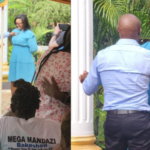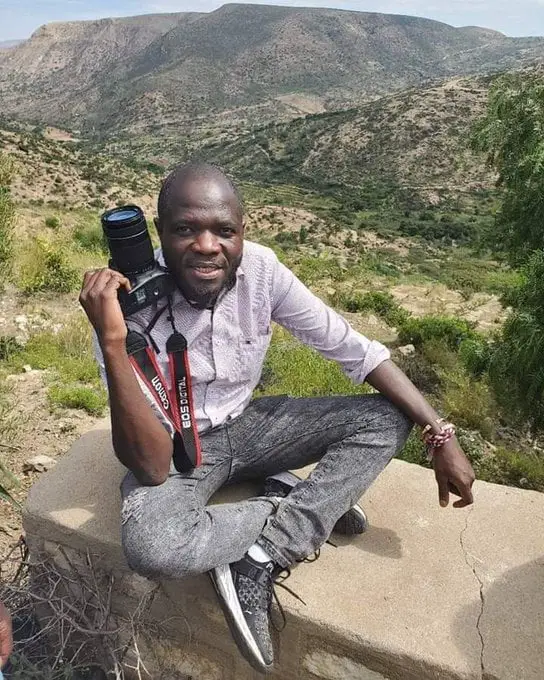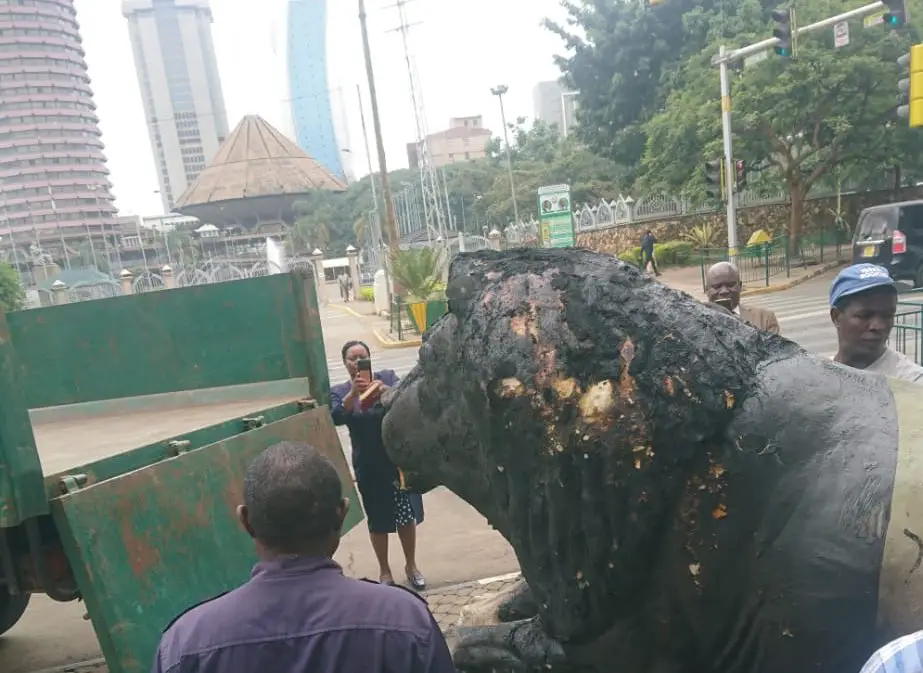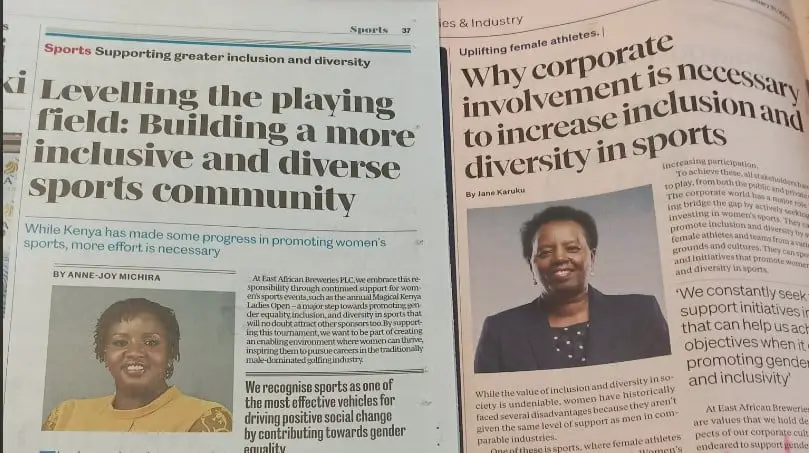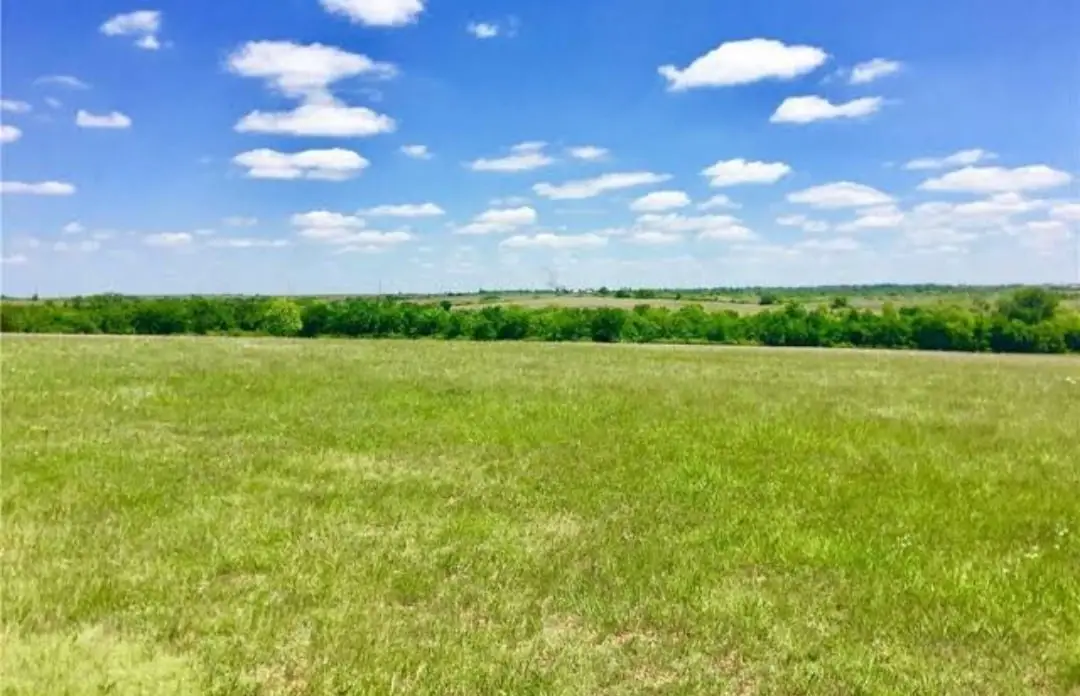
Flamboyant city lawyer Cliff Marube Ombeta has once again found himself among the trending topics on social media after his name appeared on a letter dated 13 January 2020 and purported to be from the The International Criminal Police Organization (INTERPOL).
In the document widely circulated online, INTERPOL’s General Secretariat, through the United States’ Attorney “requests” Kenya’s Directorate of Criminal Investigations (DCI) George Kinoti, for his “assistance” in extradicting four top judges and an advocate from the country over their involvement in the Akasha Brothers drug scandal.
“By the request of the Southern District of New York Court and the US State Department of Justice, we hereby request your assistance in conducting the extradition of Judge Dora Chepkwony, Judge Enock Chacha Mwita, Judge Aggrey Otsyula and Lawyer Cliff Ombeta to stand trial for violation of Title 21 of the United States Code Sections 812, 963, 959 (a) (3) and 960 (b) (1) (H) relating to the illegal manufacture and distribution of narcotics with the intention to illegaly introduce heroin into the United States,” read part of the paper.

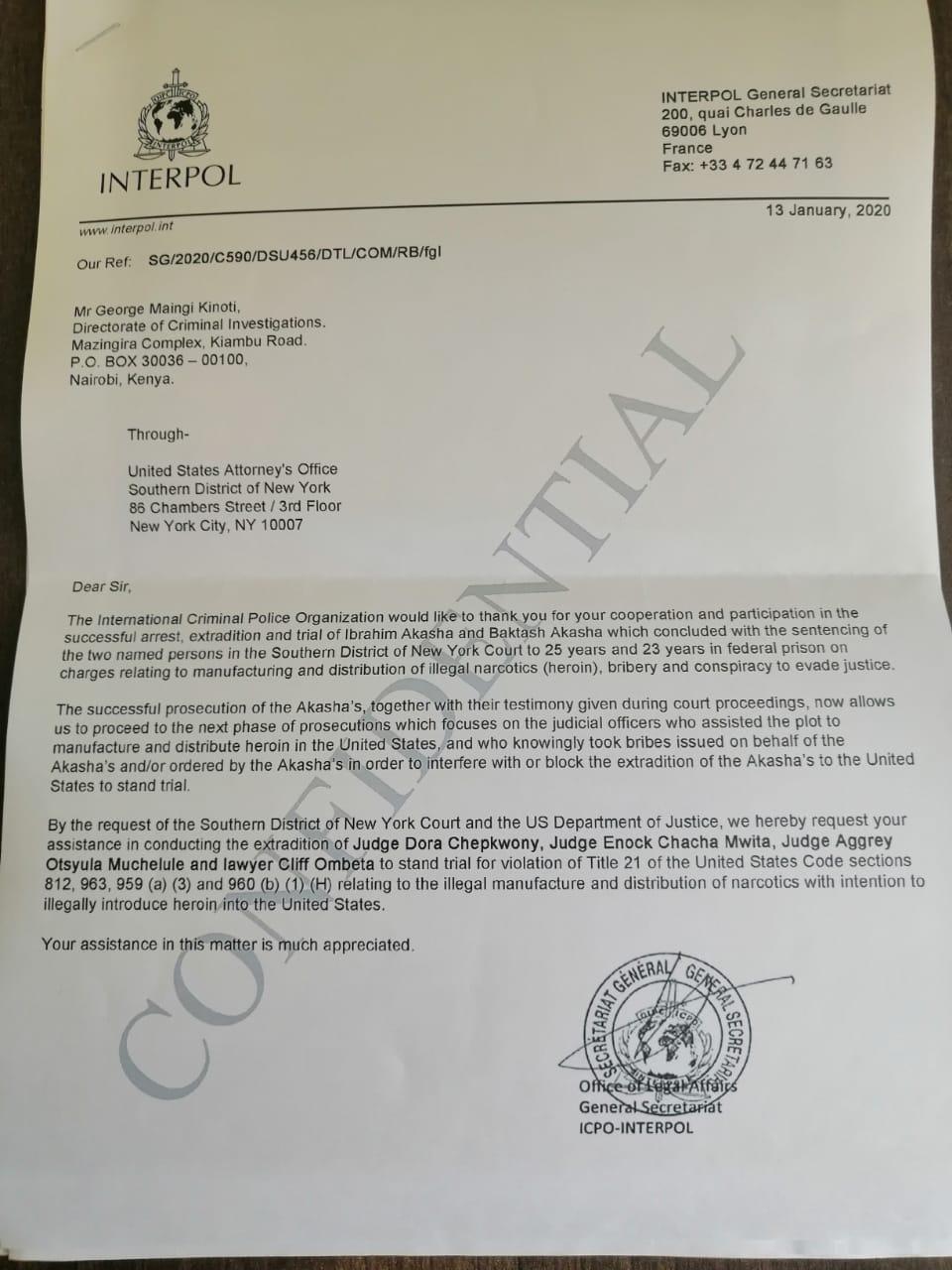
Responding to one of his Twitter followers who sought clarification on the document’s authenticity, the man known for his meticulous mode of dressing and prowesss in handling high profile crime cases, discarded it as total “rubbish”, listing a number of reasons that prove the letter as fake, beginning with the author’s poor grammar.
Total rubbish.
This is fake.
1. Grammar by an idiot.
2. This is not the process used.
3. Request must be made by US.
4. It must be direct to the requested country.
5. Interpol have nothing to do with extradition proceedings untill over.
6. There must be a trial in US to such https://t.co/Srl5r58p0A— COmbeta (@OmbetaC) January 13, 2020
7. There must be proof of court having satisfied itself with the charges there and therefore tge proceedings must be accompanying the request.
8. Must be through the US embassy and then to our home and foreign affairs ministry.
9. Name of tge judge and affidavit of the— COmbeta (@OmbetaC) January 13, 2020
Prosecutor who conducted the matter with their affidavits.
10. Offences detailed with evidence of place ,time ,date and the effect intended.
11 interpol cannot own the process.
12. US does not need Interpol to request.
I am tired, as i can go on and on and on… RUBBISH.
— COmbeta (@OmbetaC) January 13, 2020

On Friday, the long-running saga of the Akasha brothers came to a close when Kenyan confessed drug trafficker Ibrahim Akasha was hit with an unexpectedly severe 23-year prison sentence.
Prosecutors argued that Akasha had been a top lieutenant to his brother Baktash Akasha, the Akasha organization’s former leader, who was sentenced to 25 years in prison last August.
Just last year, similar reports of anticipated extradition of individuals involved in one of the most far-reaching drug cases in the world, rocked the interwebs.
There was panic in government after security sources claimed that federal agents from the Drug Enforcement Administration (DEA) – a United States federal law enforcement agency tasked with combating drug smuggling and distribution – were set to visit country to embark on the second phase of investigations accompanied by their feiebsa from the Federal Investigation Bureau (FBI).
It was rumoured then that sleuths from the two departments were coming to interview various persons of interest that were linked to receiving hefty bribes from the Akasha organisation for purposes of protection and facilitation.
Further details suggested that the agents may have sought the extradition of the many prominent Kenyans that have been linked to the drugs cartel network in confessions by the Akashas.
In July the same year, Director of Public Prosecutions (DPP) Noordin Haji’s denounced yet another fake letter listing the names of prominent Kenyan individuals allegedly wanted by international authorities over drug trafficking allegations.

In his statement, the DPP denied having received the letter purported to have originated from the International Criminal Police Organization (Interpol).
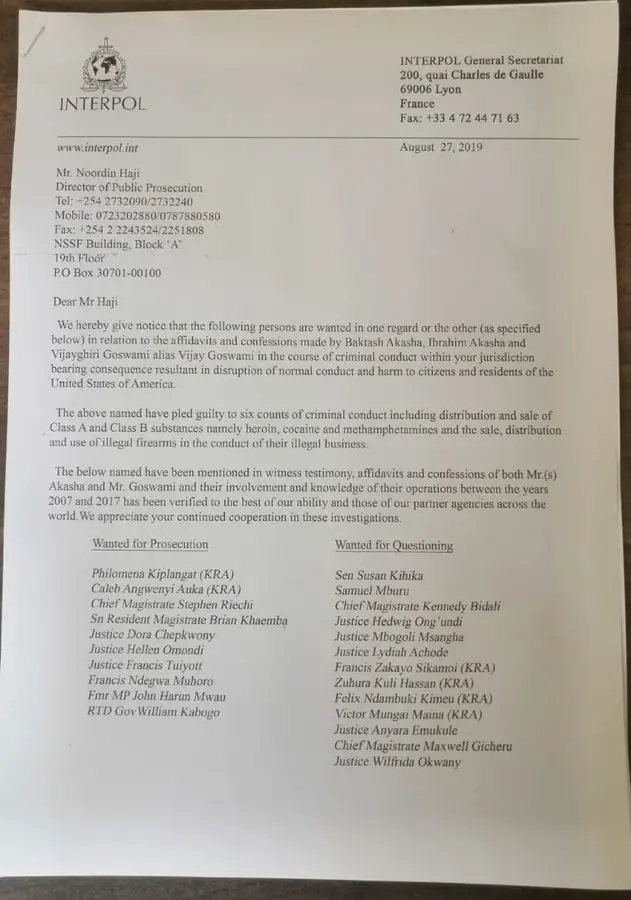
The letter listed Nakuru Senator Susan Kihika, former Kiambu Governor William Kabogo, and several Kenya Revenue Authority (KRA) and judicial officers among those wanted by Interpol.

In July 2016, The Directorate of Criminal Investigations dismissed as fake, yet another letter that circulated on social media linking Mombasa governor Hassan Joho to trade in narcotics.
Responding to Joho’s lawyers who had inquired by the authenticity of the letter which bore Interpol letterhead, the directorate advised Joho to pursue civil remedy over the injuries that the claims may have caused him.
The impugned letter bearing the Interpol logo had listed Joho alongside other people as being investigated by the international policing agency over handling of illicit drugs.
INTERPOL recently issued a warning on their official website against scammers using their name to spread false information and defraud unsuspecting citizens.




